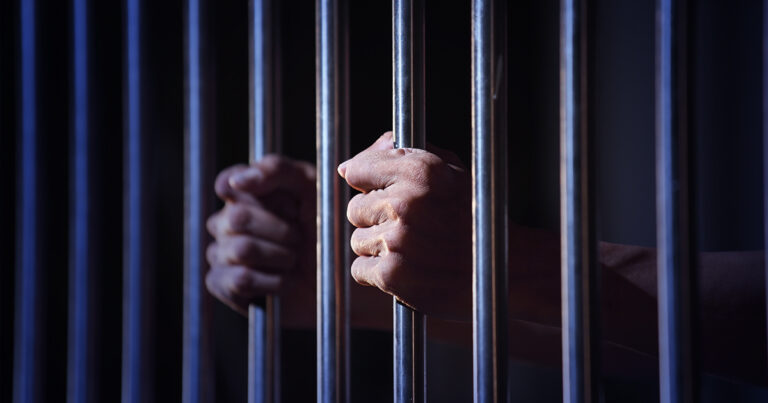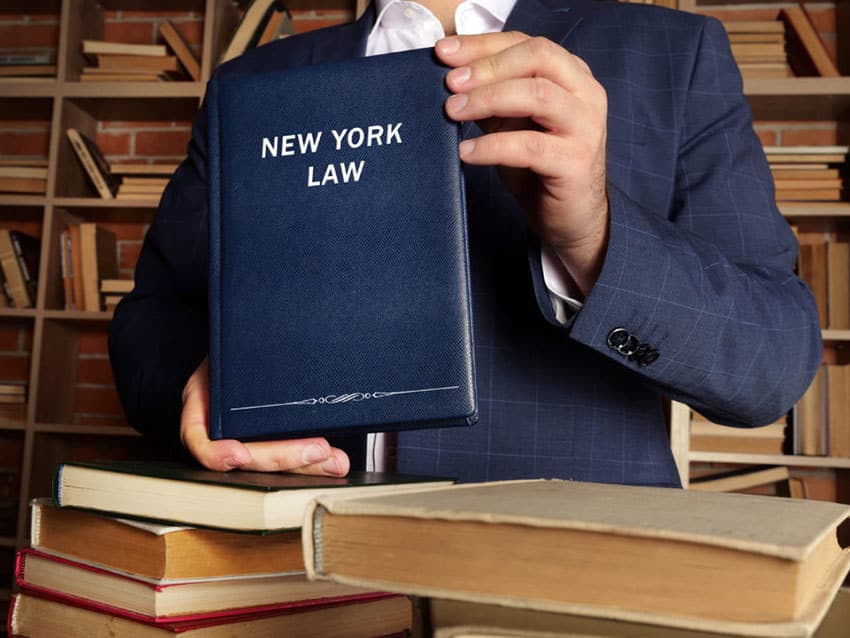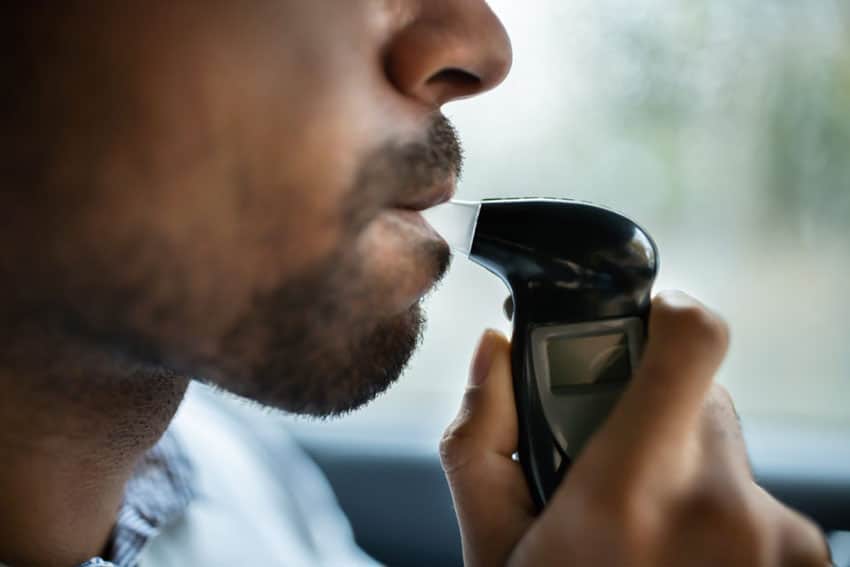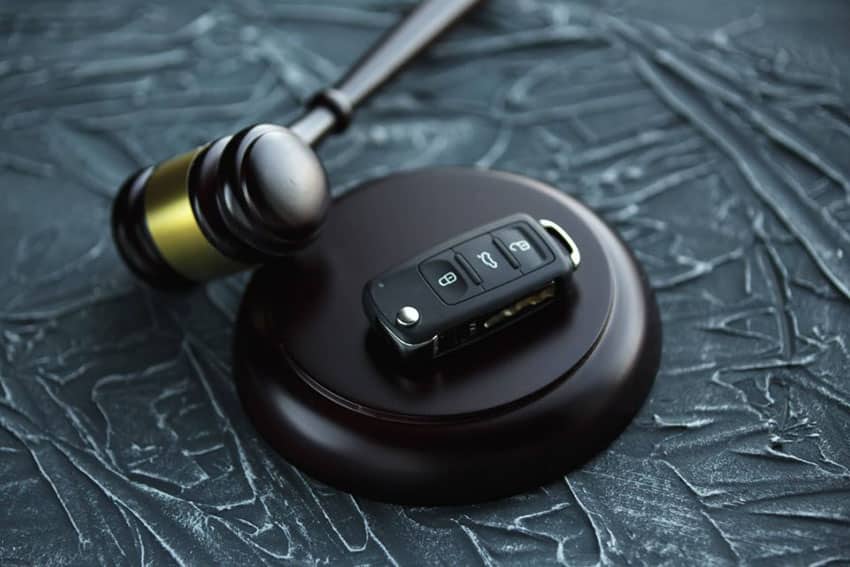Being arrested for a DWI (Driving While Intoxicated) in New York can be a stressful and overwhelming experience. It is crucial to understand your rights and the steps you should take to protect yourself legally. Here’s a guide on what happens during a DWI arrest and what you should do if you find yourself in this situation.
What Is a DWI Arrest?
A DWI arrest occurs when a police officer has reason to believe that you are driving while intoxicated, either by alcohol or drugs. The officer will conduct field sobriety tests and may ask you to take a breathalyzer test. If you fail these tests, you will likely be arrested for DWI or DUI (Driving Under the Influence), which are essentially the same in New York.
What Happens When You Get Arrested for DUI?
- Initial Traffic Stop: The arrest process usually begins with a traffic stop if the officer suspects impaired driving.
- Field Sobriety Test: The officer will conduct standard field sobriety tests to assess your level of impairment. This may include walking in a straight line or standing on one leg.
- Breathalyzer Test: You may be asked to take a breathalyzer test. Refusing to take the test can result in an automatic suspension of your driver’s license.
- Arrest: If the officer has enough evidence to believe you are impaired, you will be arrested. You will be handcuffed, read your rights, and transported to the police station for booking.
How Long Do You Get Arrested for DUI?
Once arrested for DUI, you will be held at the police station. How long you remain in custody depends on various factors, including whether you post bail or if you are required to see a judge before release. Generally, you may be released within a few hours, but it can take longer depending on the situation.
Arrested for DUI but Not Convicted
It is important to note that being arrested for DUI does not automatically mean you will be convicted. You have the right to a trial, and a skilled attorney can help you challenge the evidence against you. Common defenses include questioning the legality of the traffic stop, the accuracy of the breathalyzer results, and how the sobriety tests were administered.
Can You Get Arrested for DWI in New York?
Yes, you can be arrested for DUI in New York if an officer has probable cause to believe you are driving under the influence of alcohol or drugs. DWI arrest records are created during the booking process, and your arrest will appear on your criminal record unless the charges are dismissed or reduced.
Steps to Take After a DWI Arrest
- Stay Calm and Cooperate: After being arrested for DWI, it’s essential to remain calm and cooperate with the police. Resisting arrest or becoming confrontational can only worsen your situation.
- Understand Your Rights: You have the right to remain silent and not answer any questions without an attorney present. Exercise this right to avoid making self-incriminating statements.
- Contact an Attorney: It is crucial to contact an experienced DWI attorney as soon as possible. They can help you navigate the legal process and build a strong defense.
- Prepare for Your Hearing: You will likely have a court appearance within a few days of your arrest. This is your opportunity to plead guilty or not guilty. An attorney can help you decide the best course of action.
DWI Arrested but Not Convicted: Potential Outcomes
Even if you’ve been arrested for a DWI, it doesn’t necessarily mean you will face a conviction. Some potential outcomes include:
- Dismissal of Charges: If the evidence is weak or the traffic stop was unlawful, your charges could be dismissed.
- Reduced Charges: Your attorney may negotiate for a reduction in charges, possibly to a lesser offense like a DWAI (Driving While Ability Impaired).
- Conviction: If convicted, you may face fines, license suspension, and possible jail time depending on whether it’s a first or repeat offense.
Conclusion
If you are arrested for DWI in New York, understanding the legal process and knowing what steps to take can make a significant difference in the outcome of your case. While being arrested for DUI is a serious matter, it does not automatically mean a conviction is inevitable. With the help of an experienced attorney, you may be able to get the charges reduced or dismissed, allowing you to move forward with your life.
By knowing your rights and taking the appropriate steps following a DWI arrest, you increase your chances of a favorable outcome in court.







